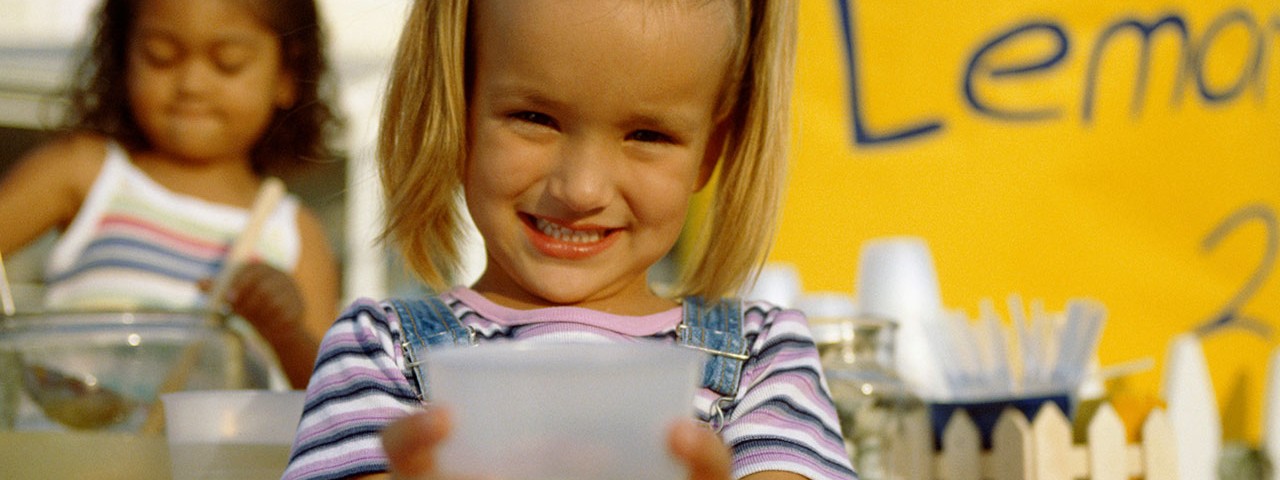3 Ingredients Needed for Independence
- Tweet

Independence is the ability to do things for ourselves. Once kids are of school age, a healthy sense of independence contributes to positive behavior, better decision-making, and persistence when faced with challenges.
Empowering young children to do things by themselves says "I believe in you"! Tweet this!The foundation for later independence is built in early infancy, and is strengthened by sensitive, responsive parenting throughout the early years. Even when they’re no longer babies, children need warmth and responsiveness from their parents and caregivers.
However, overly protective parents can undermine the development of independence by trying to shield their kids from any adversity or difficulty. When children reach the toddler stage, they're ready to begin learning learn to handle challenges on their own or with limited help. These lessons are crucial for developing coping skills and persistence that will benefit them throughout life.
There are many ways to encourage this process. Below are three of the basic necessities for creating a home environment that promotes independence.
"It's the process not the product" that matters most as toddlers learn new tasks! Tweet this!1. A Kid-friendly Environment
With the right tools in the right environment, a young child can do all kinds of helpful activities around the house. When safe utensils and non-breakable plates and cups are put on lower shelves, within her reach, your toddler can learn to get her own bowl for cereal, her own cup for milk, and maybe even spread butter on her own bagel!
Arrange her wardrobe to keep the options simple. Then give her opportunities to choose what she wants to wear. (And when she chooses her cowboy boots, a tutu, and a Superman t-shirt, just tell her how you admire her eye for style! Try to be ok with the craziness!)
Another way to foster an independent environment for young ones is to place simple, child-sized, and safe cleaning equipment in an accessible location: a small dustpan and handheld sweeper for cleaning up messes, and maybe some small rags for spills.
2. Instructions and Just a Little Help
We say it here all the time: "You are your child's first and best teacher," and it is so true! Show your little guy how to perform an appropriate task. Then guide him as he tries it himself. When he looks like he can handle it, let him do it alone. Try not to help him unless he asks, and resist the urge to take over. This might be tough at first. We hate to watch our kids struggle, but letting him figure it out on his own will help him develop pride, self-confidence, and independence. For more ideas for encouraging independence, check out our Pinterest boards "social/ emotional development" and "around the house" for age-appropriate chore lists and other resources.
3. Patience
Few things are as frustrating as waiting endlessly for a toddler to do something by herself that you could have finished much faster yourself. However, nothing is as vital for her developing sense of autonomy than your patience and praise of her effort! It’s only natural that she will be slower and messier than you. Remember that it is the process and not the product that is important. Be patient with her now, and you will be so proud of her as she hones her skills and becomes more and more efficient.
Empowering a young child by giving plenty of opportunities to do things independently sends the message that you believe in him and that he is capable. This confidence is vital to developing independence, a crucial aspect of a child's development. Safe, appropriate tasks, along with a little guidance and a bit of patience will help him be able to say, "Look, I did it all by myself!"
